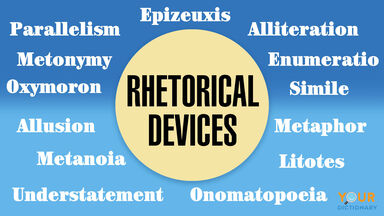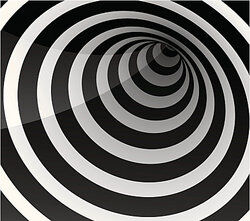Richard's Paradox Definition
The paradox where, given the observation that certain English phrases unambiguously define real numbers while others do not, there is an infinitely long list of English phrases that unambiguously define real numbers, yet (using a similar technique to Cantor's diagonal argument ) it is possible to generate another such phrase not in the list.
Wiktionary
Origin of Richard's Paradox
First described by the French mathematician Jules Richard in 1905.
From Wiktionary
Related Articles
Richard's Paradox Is Also Mentioned In
Find Similar Words
Find similar words to Richard's paradox using the buttons below.





